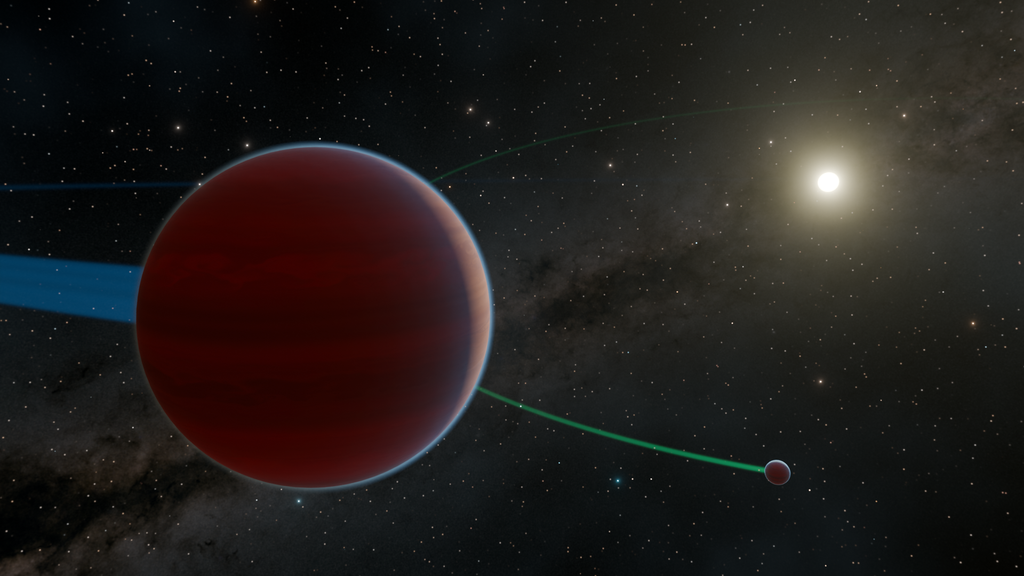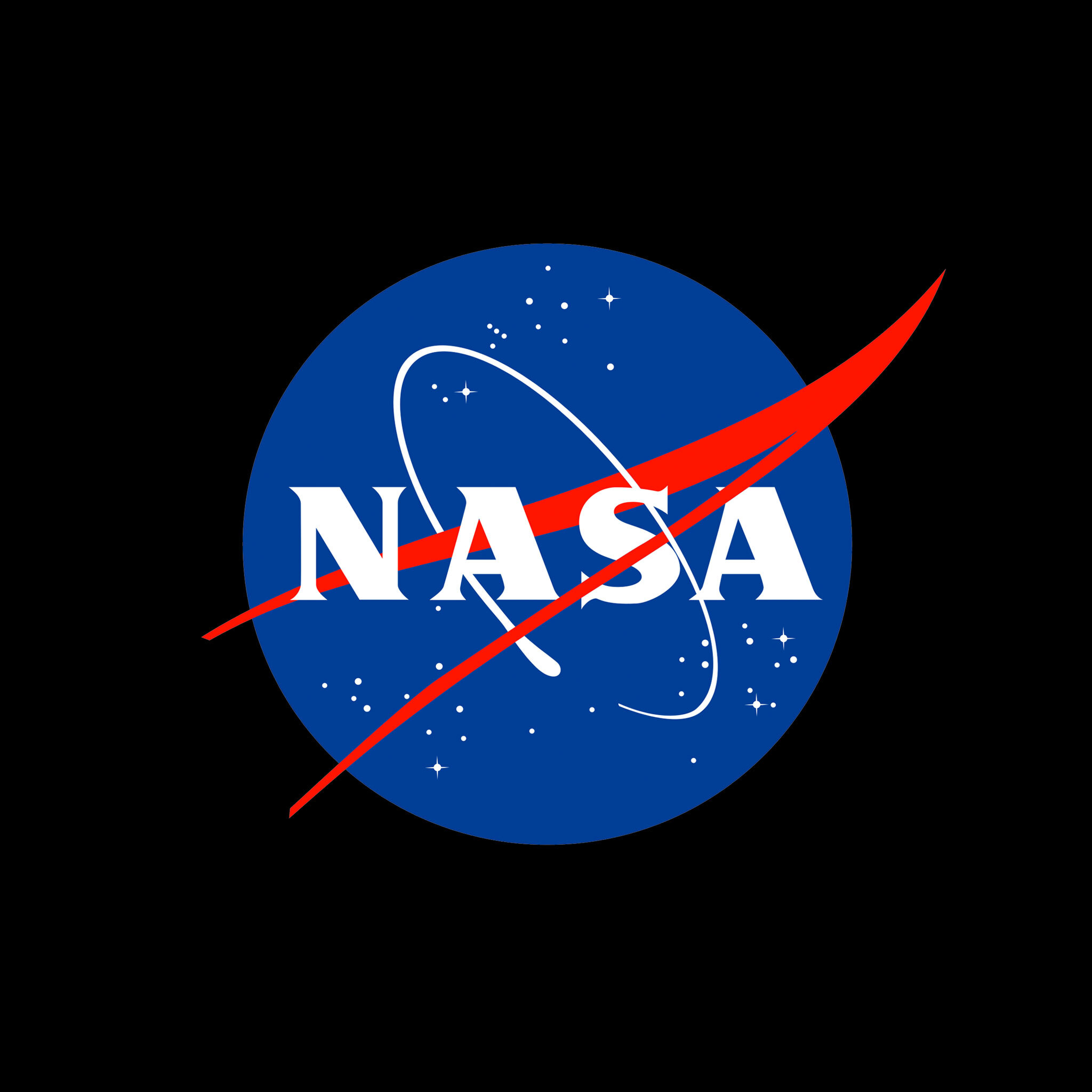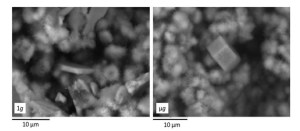2 min read
Amendment 81: Extreme Precision Radial Velocity Foundation Science Step-2 Due Date Delay.
Extreme Precision Radial Velocity Foundation Science (ROSES-2020 program element D.17 EPRV) solicits:
- Studies of how stellar (including solar) surface phenomena (convection, granulation, supergranulation, various flows, oscillations, magnetic fields, spots, faculae, plage) impact the radial velocity time series measurements of disk-integrated spectra and how those impacts vary over magnetic cycles.
- Investigations leading to the development of models, tools, and techniques that can be applied to disk-integrated spectra of stars to mitigate stellar radial velocity variability.
- Analyses of disk-integrated precision radial velocity observations of the Sun and benchmark (standard) stars, along with cross comparisons and simultaneous observations from different radial velocity instruments, designed to evaluate the effectiveness of mitigation strategies for stellar radial velocity variability and instrument systematics.
- Development of advanced statistical methodologies to analyze complex radial velocity datasets to enable detection of small planets and precisely measure their masses.
This amendment delays the Step-2 due date for D.17 EPRV. The Step-2 proposal due date is now February 5, 2021.
On or about January 11, 2021, this Amendment to the NASA Research Announcement "Research Opportunities in Space and Earth Sciences (ROSES) 2020" (NNH20ZDA001N) will be posted on the NASA research opportunity homepage at http://solicitation.nasaprs.com/ROSES2020 and will appear on SARA's ROSES blog at: https://science.nasa.gov/researchers/sara/grant-solicitations/roses-2020/
The main point of contact for D.17 EPRV is Douglas Hudgins, who may be reached at douglas.m.hudgins@nasa.gov.
Share
Details
Last Updated
Sep 11, 2023





























